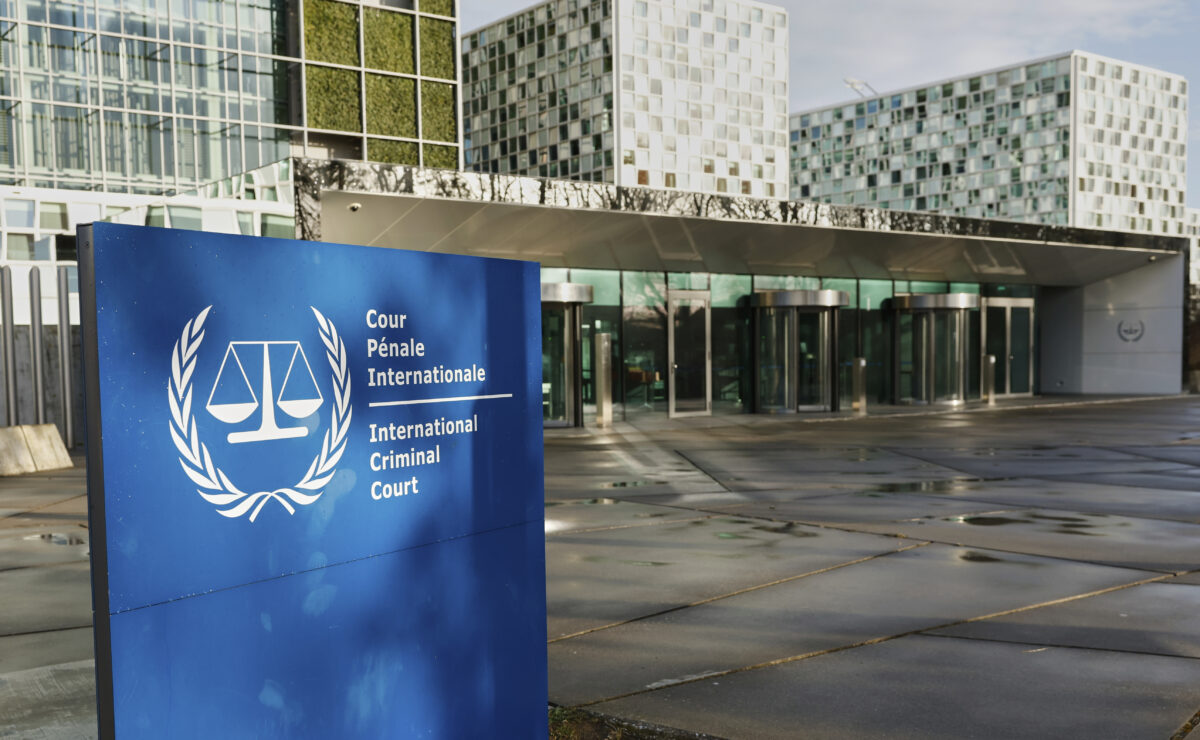Defending the ICC, due process and the power of civic action

FILE – A general view of the exterior of the International Criminal Court in The Hague, Netherlands, Wednesday, March 12, 2025. (AP Photo/Omar Havana, file)

These views not only misrepresent international legal standards but also undermine democratic participation and the rule of law.
ICC respects due process and legal sovereignty
The ICC, governed by the Rome Statute, operates on the principle that justice must adhere to due process. Article 59 obliges states executing an arrest to ensure compliance with both national laws and international human rights standards. Moreover, Articles 89 and 91 underscore that arrest and surrender procedures must follow legal and diplomatic channels.
In several landmark rulings, including Prosecutor v. Barasa and Prosecutor v. Lubanga, the ICC has demonstrated its rejection of the outdated doctrine of male captus bene detentus – which previously allowed prosecutions despite illegal arrests. These cases affirm that the Court will not proceed when due process is violated or when a suspect is transferred under questionable circumstances.
Thus, the idea that the ICC is indifferent to how suspects are apprehended is not only inaccurate but potentially dangerous in fostering distrust in international institutions.
Civic action as a Democratic imperative
The belief that public demonstrations and prayer vigils are futile overlooks the critical role of civic engagement in democratic societies. Throughout history, nonviolent civic movements have triggered meaningful legal and political change:
- The 1986 EDSA People Power Revolution led to the restoration of democracy in the Philippines.
- The Black Lives Matter movement prompted widespread police reform efforts in the United States.
- Global climate protests have catalyzed international agreements and domestic legislation.
Rights to free speech, peaceful assembly and religion are enshrined in Article III of the 1987 Philippine Constitution and in international treaties like the International Covenant on Civil and Political Rights (ICCPR), to which the Philippines is a party.
Civic action – whether through protest, prayer vigils or community organizing – is not just symbolic. It is a powerful mechanism for social transformation and legal accountability.
Justice and the dangers of political nostalgia
Framing the return of any political figure as the singular solution to national challenges reduces justice to partisanship and undermines both democratic processes and the integrity of legal institutions. The future of a nation must be rooted in law, facts and the collective will of its people – not in selective political memory.
The ICC functions within a strict legal framework that values due process, international cooperation and human dignity. Civic engagement remains essential in shaping public policy, asserting rights and calling institutions to account.
Justice, particularly in international law, may be slow and imperfect – but it advances through lawful protest, informed public discourse and a steadfast commitment to human rights. It is through these democratic means – not misinformation or nostalgia – that meaningful change is achieved.
Atty. Arnedo S. Valera is the executive director of the Global Migrant Heritage Foundation and managing attorney at Valera & Associates, a US immigration and anti-discrimination law firm for over 32 years. He holds a master’s degree in International Affairs and International Law and Human Rights from Columbia University and was trained at the International Institute of Human Rights in Strasbourg, France. He obtained his Bachelor of Laws from Ateneo de Manila University. He is a professor at San Beda Graduate School of Law (LLM Program), teaching International Security and Alliances.

